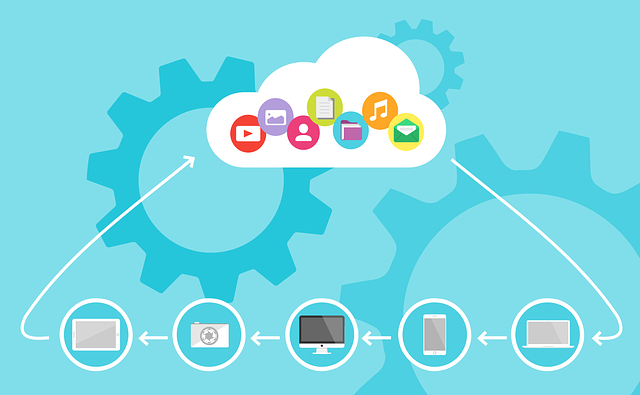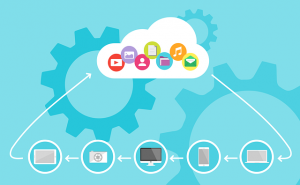
On-Premise vs Cloud Accounting Software: Understanding the Difference
 Accounting software is often categorized based on where it’s installed. Like most types of software, accounting software runs on a computer or machine. The location of this computer or machine, however, may vary. There’s on-premise accounting software, and there’s cloud accounting software. By understanding how they differ, you can choose the right type of accounting software for your business.
Accounting software is often categorized based on where it’s installed. Like most types of software, accounting software runs on a computer or machine. The location of this computer or machine, however, may vary. There’s on-premise accounting software, and there’s cloud accounting software. By understanding how they differ, you can choose the right type of accounting software for your business.
What Is On-Premise Accounting Software?
On-premise accounting software refers to the use of accounting software that’s installed on a local machine or computer. As a business owner, you probably have an office. Maybe you rent a commercial office space, or perhaps you work out of a home office. Installing accounting software on a computer in your office is considered on-premise accounting software. The accounting software is literally “on your business’s premises.”
What Is Cloud Accounting Software?
Cloud accounting software refers to the use of accounting software that’s installed remotely on the cloud. The cloud is a collection of computer hardware and software that’s available to access on the internet. Cloud accounting software is no exception. It’s still installed on a machine or computer, but the computer or machine on which it’s installed is part of the cloud. Therefore, you can access cloud accounting software over the internet.
Differences Between On-Premise and Cloud Accounting Software
On-premise and cloud accounting software differ in several ways. On-premise accounting software is typically more secure. It’s installed on a local machine or computer, resulting in better protection against cyber attacks.
Cloud accounting software, on the other hand, is more accessible. You can access it from any computer, assuming the computer is connected to the internet. On-premise accounting software doesn’t offer internet accessibility. You can only access on-premise accounting software on the computer or machine on which it’s installed.
Of course, internet accessibility means that cloud accounting software won’t work without the internet. If your internet connection goes down, you won’t be able to use the software. This isn’t an issue with on-premise accounting software. You can use on-premise accounting software with or without the internet.
While costs vary, on-premise accounting software may cost more upfront. You’ll have to invest more in hardware and infrastructure. Cloud accounting software, on the other hand, has upfront costs, making it a popular choice among small business owners. These are just a few of the key differences between on-premise and cloud accounting software.
Have anything else to add? Let us know in the comments section below!
